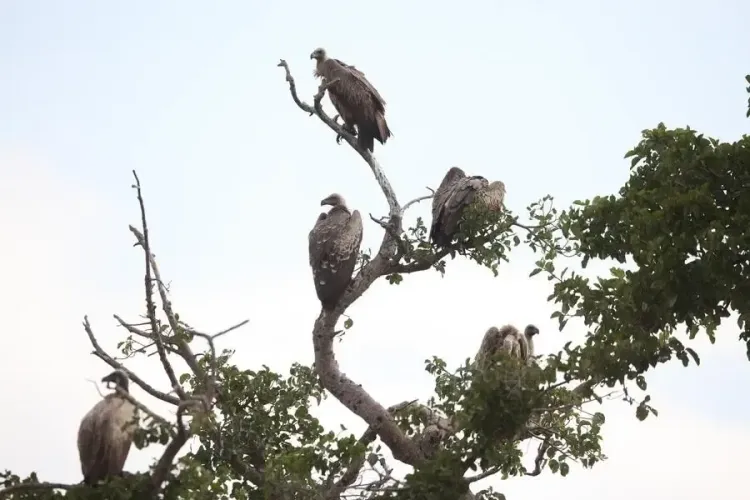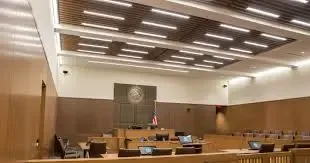Vultures Contribute $1.8 Billion to Southern Africa's Ecosystem Services: New Findings

Synopsis
Key Takeaways
- Vultures provide ecosystem services worth $1.8 billion annually.
- Seven out of 11 African vulture species are at risk of extinction.
- Vulture populations have decreased by 80-97% over the last 50 years.
- Economic losses could reach $47 million annually without protection.
- Effective conservation could generate $30 million per year.
Nairobi, Feb 25 (NationPress) The ecosystem services rendered by vultures in the southern African region, which encompass sanitation and pest control, are valued at approximately $1.8 billion each year, as reported in a study unveiled in the Kenyan capital on Tuesday.
Prepared by BirdLife International, a conservation organization, the report highlights the significance of vultures in sustaining ecological integrity and fostering human health, focusing on Botswana, Zimbabwe, and Zambia.
The African continent hosts 11 species of vultures, seven of which are at risk of extinction and categorized as vulnerable, endangered, or critically endangered on the International Union for Conservation of Nature's Red List of threatened species.
According to the report, Africa’s vulture population has declined by 80 to 97 percent over the past fifty years, with primary threats including poisoning and electrocution.
The report highlights the alarming trend of widespread poisoning of vultures in southern Africa linked to traditional beliefs, alongside habitat destruction, climate change, and electrocution from high-voltage power lines.
In 2019, a mass poisoning incident resulted in the deaths of 500 critically endangered vultures in Botswana. The report emphasizes that these iconic birds are crucial for enhancing tourism in the southern African region.
The findings indicate that neglecting vulture protection could result in approximately $47 million in economic losses for the region each year, while effective conservation efforts could yield an estimated $30 million annually, as reported by the Xinhua news agency.
Matthew Lewis, the head of conservation in Africa at BirdLife International, expressed concern over the declining vulture populations on the continent and stressed the pressing need for stakeholders to enhance conservation initiatives that could provide numerous economic, health, and ecological advantages for local communities.
"This pioneering research on the economic significance of vultures in the southern African region is essential for advancing conservation initiatives," Lewis stated.
Leeroy Moyo, who manages the preventing extinctions program at BirdLife Zimbabwe, a non-profit committed to conserving native bird species, highlighted the necessity of policy advocacy, community-oriented awareness campaigns, and innovative conservation methods to ensure a sustainable future for vultures.









